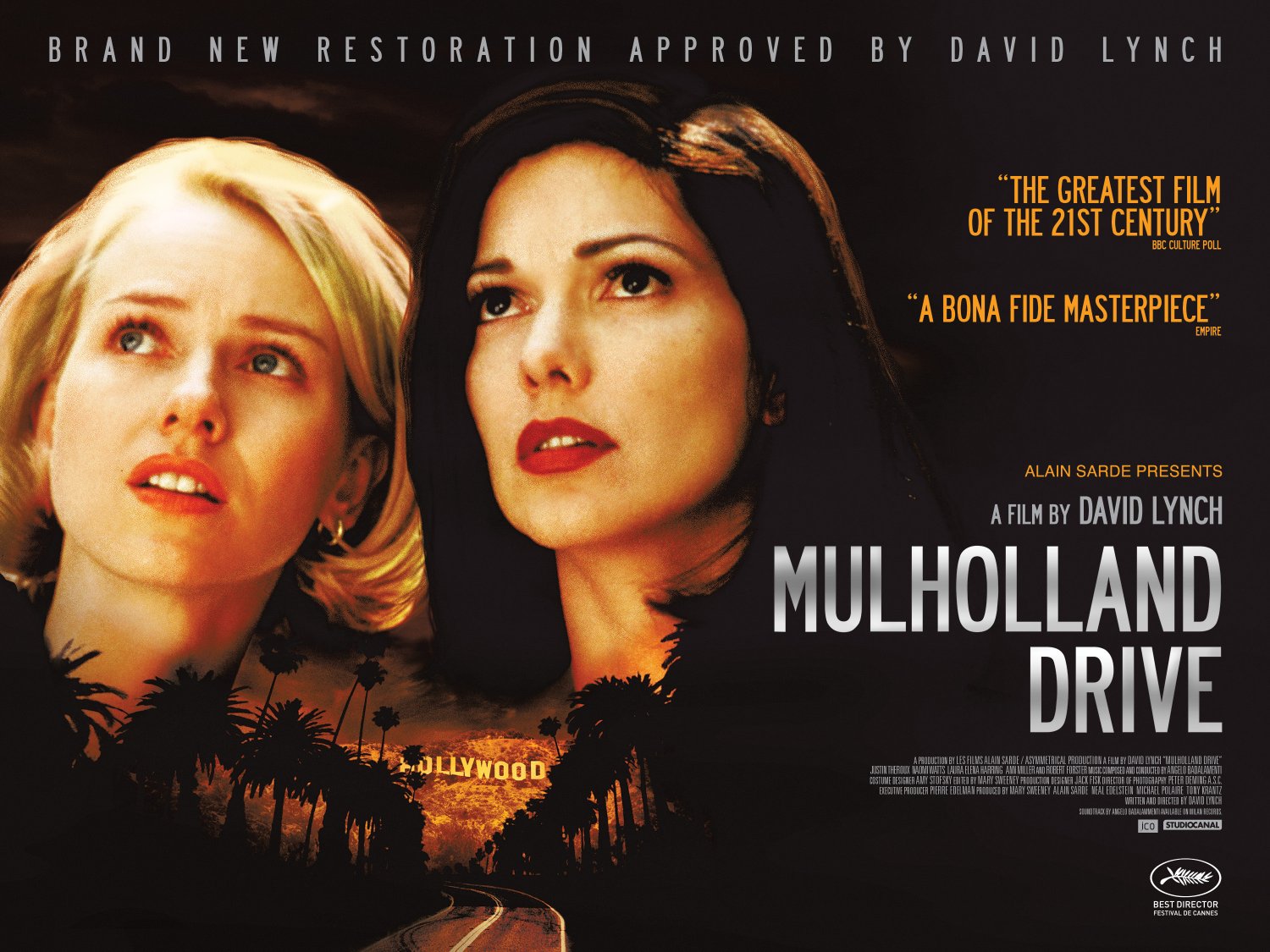
Alright, TV fanatics, let’s talk about something truly monumental: the series finale. You know, that moment when your favorite characters, storylines, and even entire fictional worlds come to their dramatic, satisfying, or sometimes even infuriating, close. It’s an emotional rollercoaster, isn’t it? You spend countless hours of your life getting to know these characters, rooting for them, yelling at your screen when they make questionable choices, and developing a deep, almost personal connection. So when that final screen cut to black, it’s not just the end of a show; it’s the end of a micro-phase of your life, and how it wraps up can truly make or break its entire legacy.
Now, before we dive headfirst into this epic countdown, we have to acknowledge the elephant in the room: these things are subjective, obviously. What one person considers a perfect ending, another might vehemently disagree with. That’s the beauty and the beast of television finales, isn’t it? They stir up conversations, debates, and sometimes even tears, in a way few other episodes can. We’re here to celebrate those finales that didn’t just wrap up a story, but etched themselves into our memories, leaving us either with immense closure, profound shock, or that indescribable, mystical feeling of time exceptionally well spent. So, if you find yourself nodding along vigorously or perhaps wanting to throw your remote at the screen in disagreement, remember to let us know where we fell short in the comments – we’re always looking for good TV recommendations, after all!
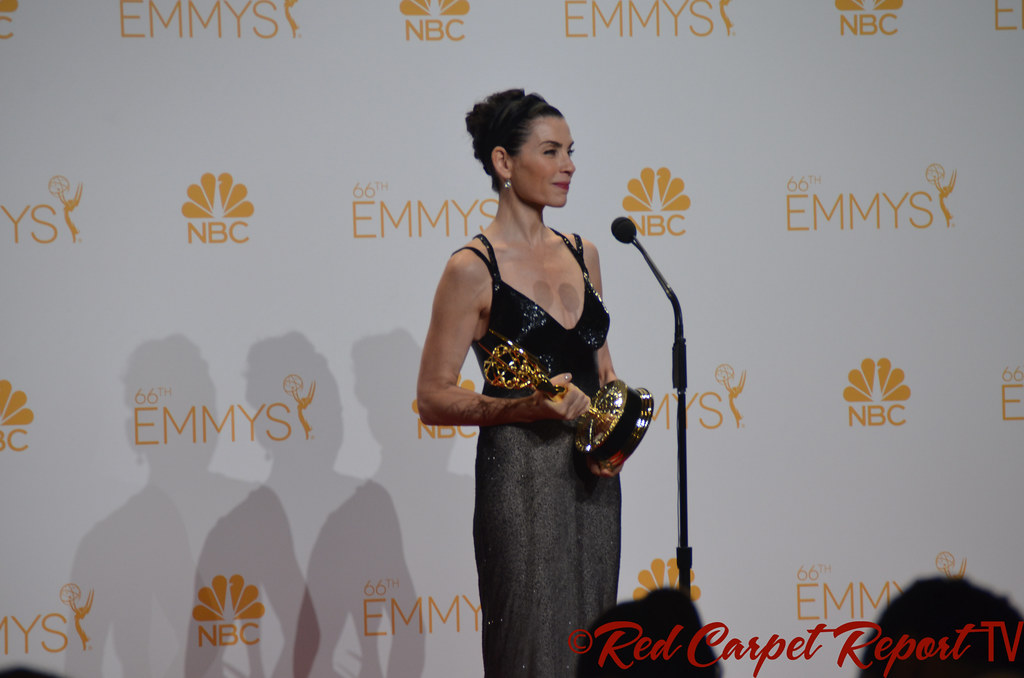
1. **The Good Wife**The finale of “The Good Wife” delivered a stunning moment that resonated deeply with long-time viewers, bringing its complex narrative full circle in a way that felt both earned and surprising. The show ingeniously called back to its very first episode, a pivotal scene where Alicia Florrick (played by Juliana Margulies) famously slapped her cheating husband, Peter (Chris Noth). This initial act of defiance set the tone for her journey from aggrieved spouse to a formidable, independent woman in the cutthroat world of law and politics. It was a foundational moment that defined her evolution.
Fast forward to the series finale, and viewers were treated to a powerful mirror image: Diane Lockhart (Christine Baranski) slaps Alicia. This wasn’t just a dramatic flourish; it was a profound act of payback, directly stemming from a courtroom betrayal that underscored Alicia’s transformation into a shrewd operator. The slap served as a stark, visceral punctuation mark on Alicia’s journey, demonstrating that her rise to power often came at a personal cost, alienating allies along the way. It was a moment that redefined allegiances and highlighted the morally ambiguous landscape Alicia navigated.
What makes this finale truly brilliant, beyond its narrative symmetry and emotional weight, is how seamlessly it set the stage for a continuation. The slap not only provided a cathartic, albeit painful, closure to Alicia’s arc, but it also cleverly positioned Diane as the star of the “Good Wife” spinoff, “The Good Fight.” This transition was masterfully executed, providing both a satisfying end to one story and an exciting new beginning for another, proving that some finales can leave us wanting more in the best possible way. It cemented its place as one of the best TV finales for its daring narrative choices and clever world-building.
Read more about: Phil Mickelson’s Coveted Collection: A Deep Dive into the Champion Golfer’s High-Performance Fleet and Exquisite Lifestyle
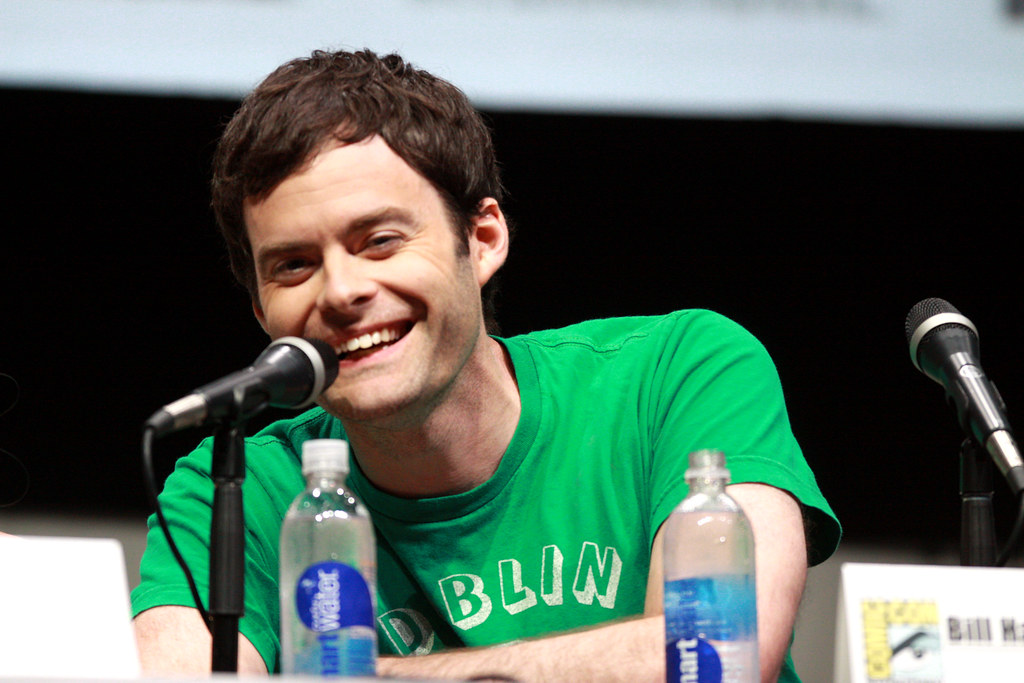
2. **Barry**Bill Hader’s “Barry” concluded its run with an “oh wow” moment that left audiences utterly astonished and speaking for all of us. The series was never one to shy away from dark humor or unexpected turns, but its finale truly pushed the boundaries, investigating the show’s own exploration of fantasy versus grim reality. This was brilliantly encapsulated by a movie within the show, which bizarrely cast indie film star Jim Cummings as Barry, blurring the lines between the fictional and the meta.
Did anyone truly see Barry buying the farm in such a definitive manner? Many viewers, including us, did not anticipate such a stark and final conclusion for the titular character. Yet, the way the show built to this moment, slowly unraveling Barry’s attempts at redemption against his violent past, made it feel undeniably earned. It was a testament to the show’s commitment to its dark themes, refusing to offer easy outs or a neatly packaged happy ending for its deeply conflicted protagonist.
Furthermore, the “Barry” finale deserves immense credit for its unwavering commitment to finality. It made it abundantly clear that there would be no more Barry, delivering a conclusive end that left nothing unanswered. In an era where reboots and revivals are commonplace, a finale that courageously closes the book completely is a rare and cherished gem. It’s a testament to the creators’ confidence in their storytelling, leaving fans with a lingering “oh wow” that resonates long after the credits roll.
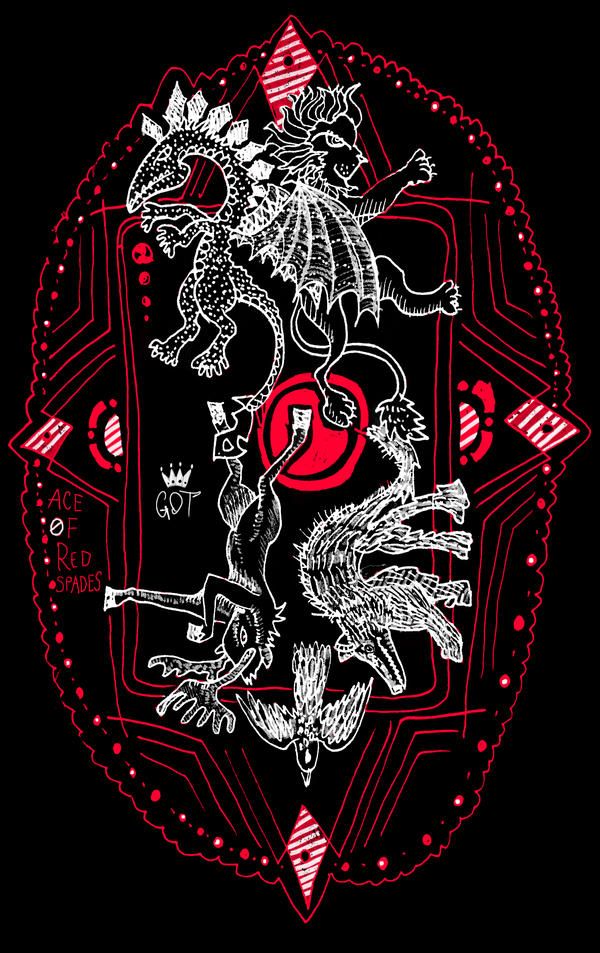
3. **Game of Thrones**Ah, “Game of Thrones.” We know, we know. The finale sparked widespread debate, and many people outright hated it. But to those detractors, we pose a simple question: Did you actually watch “Game of Thrones”? The very essence of a good finale lies in its ability to be both unpredictable and, in hindsight, inevitable. And in that regard, the rise and fall of Daenerys Targaryen (Emilia Clarke) was a masterclass, perfectly embodying the core themes of the series.
From the outset, power was a corrupting force within the world of Westeros, and it was perhaps naive to expect Khaleesi, for all her initial promise and benevolent intentions, to be immune to its insidious influence. The subversion of expectations wasn’t a flaw; it was the entire “game” of “Game of Thrones.” The show consistently defied conventional narrative tropes, and to expect a straightforward heroic ending for every character would be to fundamentally misunderstand its brutal, cynical heart. It stayed true to its own dark logic, even if it wasn’t the ending many fans had envisioned.
But here’s the real kicker, the biggest and coolest twist of all: after years of relentless bloodshed, political intrigue, and epic battles, the whole saga resolved with the key characters simply talking out their problems. Instead of a climactic battle, the game ended with a conversation, leading to a somewhat boring, but actually quite reasonable, solution. This was the ultimate subversion, a quiet resolution that no one could have anticipated, yet felt undeniably true to the world’s weariness. It was a finale that dared to be mundane in its grandest moments, a move that solidified its contentious but powerful place in TV history.

4. **The Wire**”The Wire” is lauded for its unflinching realism, and its series finale earned significant points for resolving everything with an uncompromisingly realistic lens. Forget tacked-on happy endings or miraculous transformations; this show stayed true to its gritty, authentic portrayal of Baltimore’s institutions and its residents, delivering a conclusion that was as true to life as it was to its narrative arc. It eschewed sentimentality in favor of truth, a hallmark of its legendary run.
The final episode provided a mosaic of conclusions for its beloved (and sometimes loathed) characters. McNulty (Dominic West) received a bittersweet, long-overdue exit from the police department, a poetic justice for a character often at odds with the system he served. Bubbles (Andre Royo) achieved sobriety, a beacon of hope amidst the pervasive despair, a hard-won victory that felt deeply earned after seasons of struggle. The scheming Carcetti (Aidan Gillen) was elected governor, a testament to the corrupting allure of power, while the good-hearted Carver (Seth Gillam) received a deserved promotion, demonstrating that integrity could sometimes, rarely, be rewarded.
Yet, true to “The Wire’s” ethos, these individual outcomes were juxtaposed with the harsh realities that continued to plague the city: a young life was tragically lost to addiction, serving as a powerful reminder that cycles of poverty and crime persist regardless of individual triumphs or failures. There were never any easy answers on “The Wire,” and its final episode powerfully reinforced this, leaving viewers with a profound understanding that while some stories find closure, the systemic issues remain. This commitment to its core philosophy makes it one of the best TV finales, a somber yet brilliant conclusion.
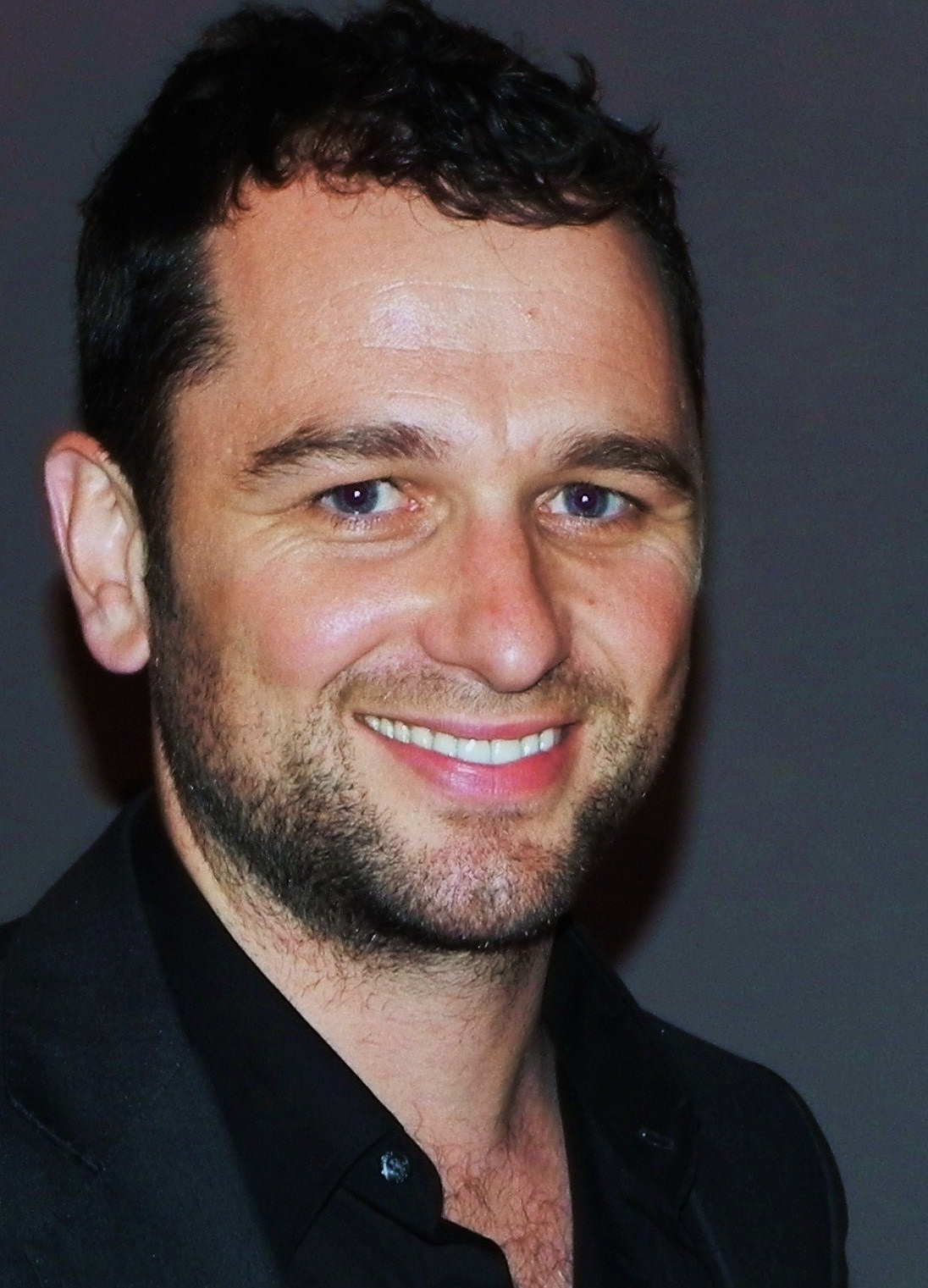
5. **The Americans**”The Americans” delivered an end to its FX spy series in 2018 that was nothing short of devastatingly poignant and yet, remarkably, infused with a glimmer of hope. The Jennings, Philip and Elizabeth (Matthew Rhys and Keri Russell), masters of deception and survival, orchestrated an against-all-odds escape from the United States, a feat that felt both triumphant and heartbreaking. Their long journey of espionage and sacrifice finally brought them to the precipice of freedom.
However, their escape came at a horrifying, irreversible cost: their daughter, Paige (Holly Taylor), at the last moment, chose not to join them. This decision, fraught with a mix of defiance and self-preservation, left her behind to forge her own path, potentially one filled with promise and a future untainted by her parents’ clandestine lives. For Philip and Elizabeth, this meant a bleak, uncertain future, forever separated from a piece of their soul. The mixed emotions of their freedom – a sense of relief overshadowed by profound loss – perfectly encapsulated the spirit of “The Americans.”
The finale didn’t offer a neat, happy resolution, but rather a complex tapestry of sacrifice, consequence, and the enduring ripple effects of their choices. It was an ending that felt deeply earned, reflecting the show’s consistent exploration of the personal toll of patriotism and covert operations. The quiet intensity of their final moments, the realization that their freedom was paid for with the ultimate familial separation, cemented “The Americans” as a masterclass in spy drama, delivering a conclusion that lingered in the mind long after the credits rolled, a true testament to its narrative power.

6. **St Elsewhere**Prepare yourselves for a finale that truly blew viewers’ minds back in 1988, setting a gold standard for stunning TV conclusions for years to come: “St. Elsewhere.” This ’80s NBC hospital drama, known for its ensemble cast and interwoven storylines, delivered a last-second implication so audacious, so utterly unexpected, that it completely recontextualized its entire six-season run. It was a narrative gamble that paid off in spectacular fashion, leaving audiences reeling.
In a twist that became the stuff of legend, the finale suggested that the show’s entire sprawling narrative, all the medical emergencies, personal dramas, and character developments, might have taken place exclusively within the mind of an autistic boy. And not just any boy, but one staring intently into a snow globe. Yes, really. This revelation was a game-changer, shattering the fourth wall and inviting viewers to reconsider everything they thought they knew about the show’s reality. It transformed a seemingly grounded medical drama into a meta-narrative masterpiece.
The impact of this audacious ending cannot be overstated. It was daring, it was philosophical, and it challenged the very nature of storytelling and perception. “St. Elsewhere” didn’t just end; it imploded its own reality, forcing its audience to grapple with the idea that their entire viewing experience might have been a child’s elaborate fantasy. This kind of narrative courage, the willingness to pull the rug out from under the audience so completely, cemented its place as an iconic finale, proving that sometimes the best way to end a story is to question its very existence. It set a benchmark for shocking conclusions that few shows have ever dared to approach, let alone surpass.
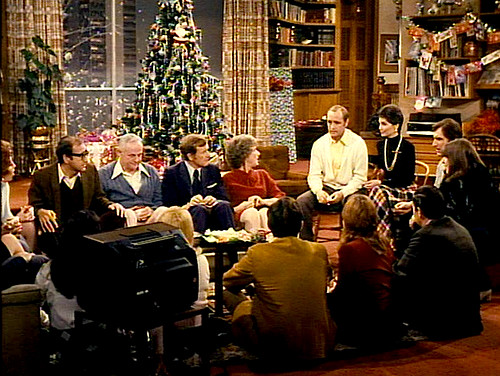
7. **Newhart**Following hot on the heels of the groundbreaking “St. Elsewhere” finale, “Newhart” delivered its own brilliant, almost satirical spin on the “it was all a dream” trope. After eight droll and utterly delightful seasons, this beloved sitcom concluded in 1990 with a moment of comedic genius that perfectly captured its lighthearted, yet often meta, spirit. It was a finale that poked fun at the very concept of shocking endings while still delivering a memorable punchline.
The final scene saw Dick Loudon (Bob Newhart) get hit by a golf ball, a seemingly innocuous event that led to an extraordinary awakening. He wakes up in bed with Emily Hartley (Suzanne Pleshette), his previous TV wife from his previous iconic sitcom, “The Bob Newhart Show,” which ran for six seasons from 1972 to 1978. The implication was clear, hilarious, and utterly mind-bending: Dick Loudon’s entire eight-season life in Vermont had been nothing more than a dream, and he was, in fact, Robert “Bob” Hartley, his former character, all along.
This sublime and silly conclusion was a masterstroke of television, playfully winking at the audience and the legacy of Bob Newhart himself. It was an ending that felt both uniquely “Newhart” and a clever commentary on the nature of television continuity and character. Rather than a dramatic, life-altering reveal, it was a perfectly executed comedic twist that encapsulated the show’s charm and wit, leaving viewers with a smile and a collective gasp of disbelief. It demonstrated that even in comedy, a finale can be utterly unforgettable and wildly imaginative, standing as a testament to the power of a well-placed, self-referential joke. What a way to go out!

8. **The Office (Original British version)**Speaking of game-changing television, we absolutely have to talk about Ricky Gervais’s original British masterpiece, “The Office.” While David Brent might have been the comedic lightning rod, pulling in most of the laughs with his cringe-worthy antics and misguided attempts at management, the real heart and soul of the show, the emotional glue that held everything together, was undoubtedly the budding romance between Tim (played by Martin Freeman) and Dawn (Lucy Davis). Their quiet glances, shared jokes, and unspoken longing created a narrative through-line that resonated deeply with viewers, painting a picture of workplace connection amidst the mundane.
Their journey was a masterclass in building anticipation, deftly setting up an audience to expect a certain outcome, only to deliver something far more moving and unexpected. The show skillfully made you believe that Tim and Dawn might never truly get their moment, playing on the anxieties of unrequited love and missed opportunities that many of us can relate to. So, when that final, tear-jerking resolution finally arrived, it wasn’t just a happy ending; it was a profound release, a collective sigh of relief and joy that had viewers reaching for the tissues in unison. It’s nearly impossible not to feel a surge of emotion as their story culminates, proving that subtle romance can be just as impactful as any grand gesture.
This emotional core, coupled with its revolutionary mockumentary style, made “The Office” a blueprint for future sitcoms, most notably its hugely successful American counterpart. The enduring appeal of Tim and Dawn’s relationship directly inspired the beloved Jim and Pam, setting a standard for office romances that felt genuine and earned. To this day, the discussions around their final scenes highlight the show’s genius in crafting relatable characters whose triumphs and heartbreaks felt intensely personal. And let’s be real, ending it all with a “simultaneously poignant and crass observation about the great Dolly Parton” was just the perfect, cheeky bow on a truly iconic series.
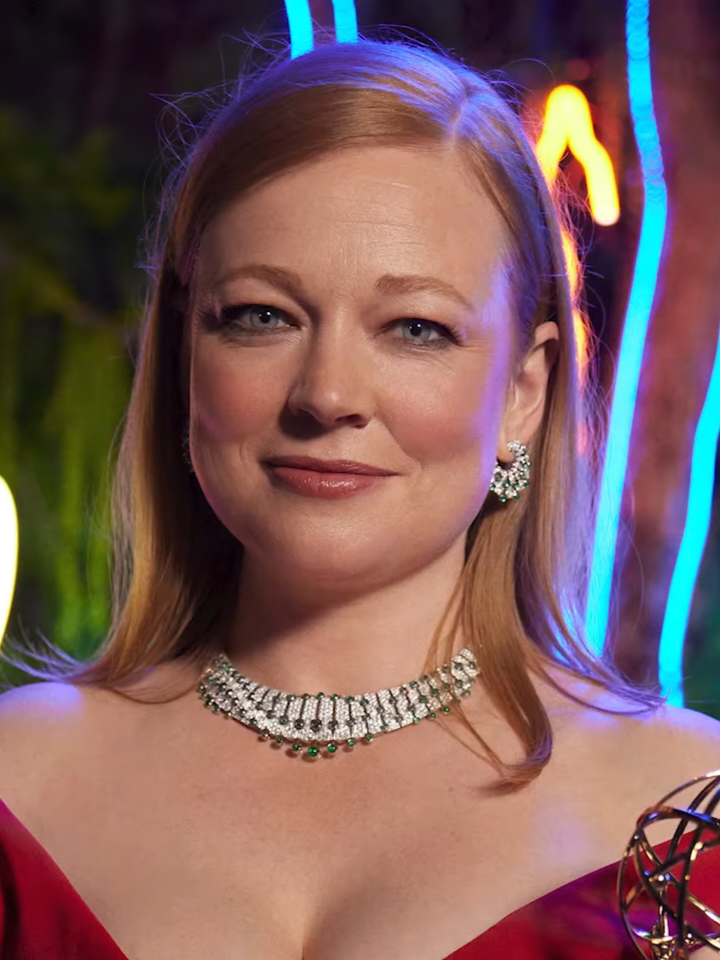
9. **Succession**Oh, “Succession.” If ever a show knew how to grip you, rattle you, and then leave you absolutely floored, it was this titan of television. Its finale wasn’t just good; it was a masterclass in narrative conclusion, feeling both utterly unpredictable in its specific twists and yet, in hindsight, absolutely “exactly right” for the world and characters we had grown to both love and despise. Watching the Roy siblings finally face the music, or rather, the silence, was a truly unforgettable experience that continues to fuel countless debates about power, family, and the price of ambition.
The individual character arcs reached their stunning, albeit messy, conclusions, leaving no stone unturned in exposing the raw, flawed humanity beneath the corporate suits. Shiv (Sarah Snook) finally reaching “a detente with Tom (Matthew Macfayden)” was a complex, almost heartbreaking resolution, showing the twisted binds of their relationship. Roman (Kieran Culkin), ever the truth-teller cloaked in cynicism, admitting that “his and his brother Kendall’s whole act is nonsense” was a moment of stark, painful honesty. And Kendall (Jeremy Strong)? His desperate, almost pathetic cry of “I’m the eldest boy!” encapsulated the tragedy of a man forever grasping for a crown that was never truly his. It was funny, it was sad, and in classic “Succession” fashion, everyone seemed to get a fate that was “better than they deserve” – which, in their world, felt like its own unique form of punishment.
Phew! What a ride, right? From shocking twists that made us question reality to poignant goodbyes that left us in tears, these finales represent the absolute best of what television has to offer. They didn’t just close chapters; they opened new conversations, redefined genres, and proved that a truly great story knows exactly when and how to say farewell, leaving an indelible mark on our hearts and minds. Whether you agree with our rankings or are already furiously typing your counter-arguments, one thing is certain: these are the television events that kept us glued to our screens, reminding us why we fall in love with these fictional worlds in the first place.


